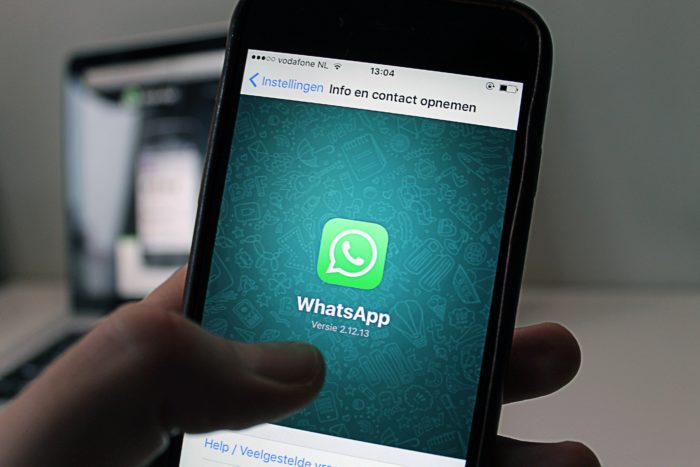In the fast-growing digital world, we know many ways in which banks are getting digitized, but the latest is the banks using WhatsApp and emails to send legal notices to defaulters.

What are the banks doing?
HDFC bank has been amongst the first to use these services. Earlier this year a judgment regarding the same was passed, and the digital notice is as good as the hardcopy notice sent.

With frequently changing addresses, unavailability of people to accept the summon, this method is fast, reliable and easy. It delivers the message instantly and more often then not, the blue ticks help to assess that the person has even read the message
As per the official report, 214 court summonses have already been served through Whatsapp and email in the last two months, by HDFC Bank. These were served through courts in Tamil Nadu, Gujarat, Punjab, Haryana, West Bengal, Rajasthan, Assam, Uttar Pradesh and others.
A majority of these cases pertain to cheque bounces and have been pending since long only because the defaulters somehow escape the receipt of summons.
The Future
“This is a welcome change. It is common knowledge that defaulters evade the law by using various loopholes. Making use of technology to foster the smooth process of law is not only beneficial but is also needed at a time when cases are piling up in the courts.” Delhi High court lawyer Sanjoy Ghose urged some caution.
“Like any other system, this too has its share of imperfections. This can be a complete success in a system, which is fully digital. For instance, in the case of corporate entities, if the contract does not clearly spell out to which email the summons is to be served, the service will remain a matter of dispute,” he said. “The same will hold true for someone who is not tech savvy. However, digital is clearly the future and one should look forward to making amends than picking unnecessary holes in it.”
So don’t take the WhatsApp message from your bank any lightly now, never know you might be facing a legal issue for the same.












